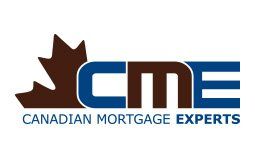The great debate: Gen-X Vs. Millennial
When it comes to buying a home, who has/had it worse?
If you’ve ever been around a Gen-Xer and Millennial together, you’ve probably heard this debate before: Who had it easier trying to get into the housing market?
Undoubtedly, the millennial will claim there is no struggle greater than the one they currently face, while the Gen-Xer will tell their younger cohort that they are spoiled and don’t understand how hard it was to adult in the 90s.
So, are millennials better or worse off than Gen-Xers at the same age?
A report earlier this year from Stats Canada set out to settle the debate with some interesting findings.
For starters, the study found on average young millennials earned more than young Gen-Xers. Specifically, Gen-Xers between the age of 25 and 34 in 1999 earned on average $51,000 annually compared to millennials who earned $66,500 in 2016.
The study found that millennials in 2016 also had higher assets and net worth then their grunge-era counterparts in 1999 at $154,000 to just $76,700 respectively.
However, millennials were found to be more indebted, with a debt-to-after-tax-ratio at 216 per cent compared to 125 per cent for Gen-Xers.
The study also found millennials are taking on larger mortgages then previous generations. The median mortgage debt on the principal
residences of a millennial between the ages of 30 and 34 in 2016 was $218,000 compared to $117,500 for Gen-Xers in 1999.
Interestingly, though their median net worth is higher, there are greater differences in economic well-being among millennials, specifically, millennials in the top 10 per cent held 55 per cent of all total net worth accumulated by their generation.
The study also found that millennials are entering the housing market at similar rates as previous young generations.
So, who can claim the biggest hardship to getting into market? That would depend on how you want to spin the facts. Instead, maybe the key is in the finding that millennials are getting into the market at the same level as their parents and grandparents did before them.
Of course, there have been a number of market factors and challenges each generation has had to face. Consider late boomers trying to get into the housing market with interest rates at nearly 20 per cent in the early 80s, or the recession and economic malaise of the 1990s.
At the end of the day, and this study proves it, young people in every generation have found a way to look past the challenges in their face, and fulfill the dream of homeownership. And if you’re a young person ready to buy or soon to be, any of our Canadian Mortgage Experts would be happy to help get you there.




